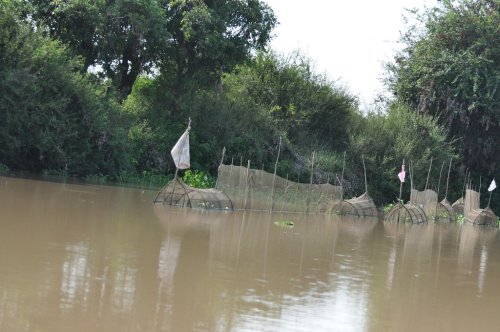- Amount demanded: US$8 million
- Outcome: US$460,000
- Treaty invoked: Sri Lanka - United Kingdom BIT (1980)
- Sector: fisheries
- Issue: security
by bilaterals.org
This investor–state dispute settlement case was the first one that was decided on the basis of provisions in a bilateral investment treaty (BIT).
Asian Agricultural Products Ltd (AAPL) was a British company registered in Hong Kong that had acquired a minority shareholding in a Sri Lankan company, Serendib Seafood Ltd., for an aquaculture (shrimp farming) project in the country.
In July 1987, AAPL sought compensation from Sri Lanka after the farm it was operating was burned down in January, during a military operation by Sri Lankan forces against rebels who had taken refuge there. AAPL brought the dispute before the World Bank’s International Centre for Settlement of Investment Disputes (ICSID), basing its case not on a contract but, for the first time, on the investment protection treaty between Sri Lanka and the UK. [1]
AAPL claimed that the Sri Lankan authorities were responsible for the loss of its investment and claimed US$8 million. Sri Lanka argued that the destruction of the facility occurred in circumstances that excluded it from liability.
The ICSID took jurisdiction on the basis of the bilateral treaty alone and, in 1990, ordered Sri Lanka to compensate AAPL to the sum of US$460,000 million.
An explosion in the number of international arbitrations under bilateral investment treaties ensued from this case. [2] It went from one in 1990 to about 400, twenty years later (over 1,000 today), while the number of BITs increased from about 400 to over 3,000 over the same period.
The ideological climate of the time, which was very favourable to promoting the liberalisation of foreign investment, was another factor that likely influenced the decision.
As a result, a new status was given to the transnational corporation, which emerged as a subject of public international law.
last update: July 2021
Footnotes:
[2] https://www.cambridge.org/core/books/resistance-and-change-in-the-international-law-on-foreign-investment/1BC27E76647AD39E9D163C5A2BB0E09C



